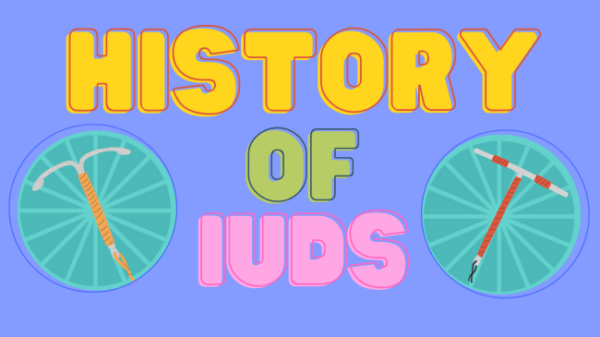Contraceptive Pearls: Progestin Contraceptives and Ulipristal to Treat Uterine Fibroids
Do progestin contraceptives help control the symptoms of fibroids? A recently updated Cochrane review addressed this question. The review examined four studies of 221 premenopausal patients with symptomatic fibroids. The results were inconclusive, with uncertainty about progestins’ effects on uterine bleeding and fibroid size.
Ulipristal, on the other hand, showed more promise. A study of 432 premenopausal patients with symptomatic fibroids compared ulipristal to placebo. Participants took placebo or ulipristal in two twelve-week courses at a 5- or 10-mg daily dose. Most participants randomized to ulipristal became amenorrheic within ten days. A study of 242 patients comparing one thirteen-week course of ulipristal to placebo showed similar results. Adverse effects included hot flashes and headache. The European Medicines Agency recommends monitoring liver enzyme levels before and during ulipristal treatment to lower the risk of liver injury.
A Cochrane review of preoperative medical therapy for fibroids concluded that ulipristal treatment led to higher hemoglobin levels and smaller fibroid size. The duration of benefit from a course of ulipristal is unclear, and deserves further study in a racially- and body-diverse population.
People with bothersome fibroid symptoms have some nonsurgical treatment options. Hormonal contraceptives may be worth a try, especially for those who need pregnancy prevention as well as symptom control. Ulipristal has better evidence for benefit, but the 5-mg pills are not available in the US, and clinicians should monitor patients for elevation in liver enzymes.
Resources
Medical Eligibility Criteria for Initiating Contraception
Sources
Pharma-free
The Reproductive Health Access Project does not accept funding from pharmaceutical companies. We do not promote specific brands of medication or contraception. The information in the Contraceptive Pearls is unbiased, based on science alone.

